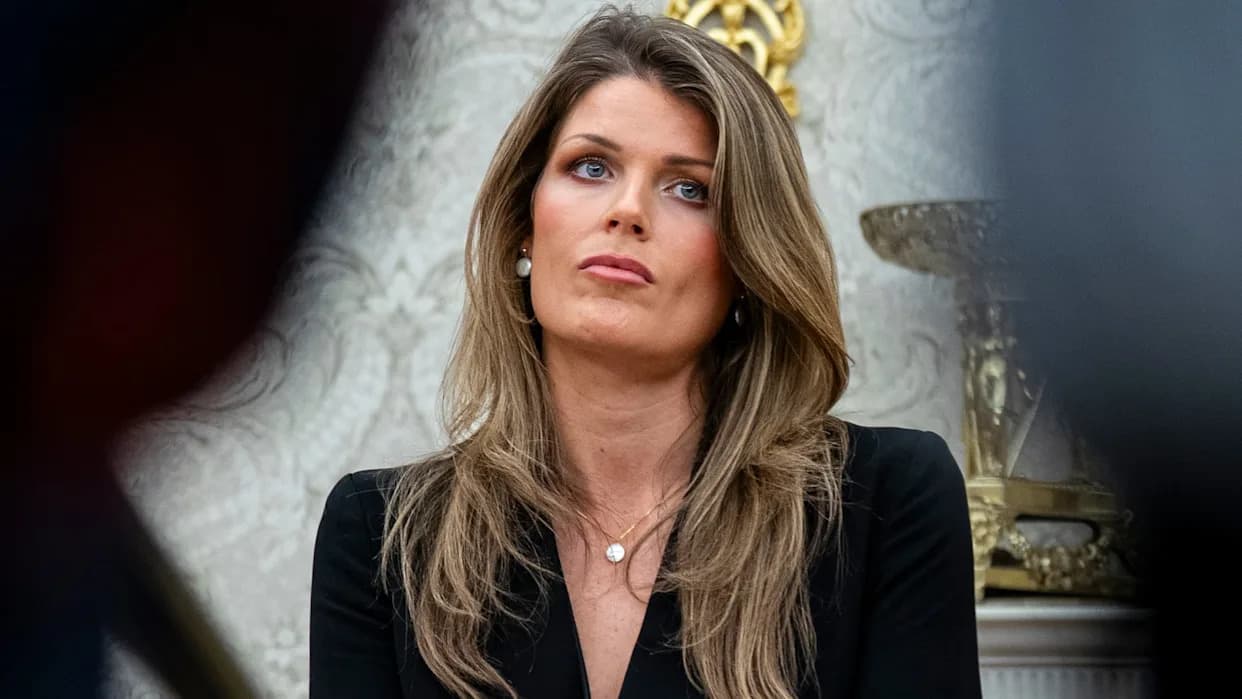ALEXANDRIA, Virginia — Former FBI Director James Comey and New York Attorney General Letitia James will ask a federal judge to dismiss the criminal charges against them, arguing that the U.S. attorney who secured their indictments was unlawfully appointed.
The hearing at the federal courthouse in Alexandria will be the first judicial consideration of one of several pretrial motions from Comey and James seeking dismissal of the indictments before trial.
Core dispute: Was the interim appointment lawful?
The challenge centers on whether Lindsey Halligan, a lawyer who previously represented former President Donald Trump, was properly installed as interim U.S. Attorney for the Eastern District of Virginia. Comey and James contend that if Halligan's appointment is invalid, the indictments could be void because Halligan was the only federal prosecutor who presented evidence to the respective grand juries.
Comey has pleaded not guilty to counts alleging false statements and obstruction of Congress. James has pleaded not guilty to charges that include bank fraud and making false statements to a financial institution. Both indictments were filed by Halligan's office shortly after Trump publicly urged then-Attorney General Pam Bondi to pursue prosecutions.
Legal argument: the 120-day limit
Attorneys for Comey and James will argue that federal law limits an interim U.S. attorney to a single 120-day term and that repeated interim appointments circumvent the Senate confirmation process, effectively allowing a prosecutor to serve indefinitely without Senate approval.
Bondi previously appointed Erik Siebert to a 120-day interim term. When the Senate had not confirmed him, the U.S. District Court for the Eastern District of Virginia appointed Siebert to continue serving. Comey and James say subsequent appointments that kept Halligan in charge violated the statutory limit.
The matter will be heard by Judge Cameron McGowan Currie, a South Carolina-based federal judge appointed by former President Bill Clinton. She was assigned because of the role Virginia federal judges played in Siebert's appointment.
Justice Department response and wider context
The Justice Department plans to argue that Halligan's appointment was lawful, asserting that nothing in the statute "explicitly or implicitly precludes the Attorney General from making additional appointments." To bolster its position, Bondi in late October conferred on Halligan an additional title of "Special Attorney" and said Halligan was authorized to supervise both prosecutions.
Outside legal observers have warned that the Justice Department's atypical steps to install Halligan could imperil the prosecutions. Three federal judges in separate matters have already ruled against the Justice Department on similar appointment questions, finding that Bondi unlawfully appointed U.S. attorneys in New Jersey, Nevada and Los Angeles. A 1986 Justice Department memo authored by then-Assistant Attorney General Samuel Alito — now a Supreme Court justice — interpreted the statute in a way favorable to Comey and James's position.
Reporting by Sarah N. Lynch and Andrew Goudsward; editing by Rod Nickel.


























